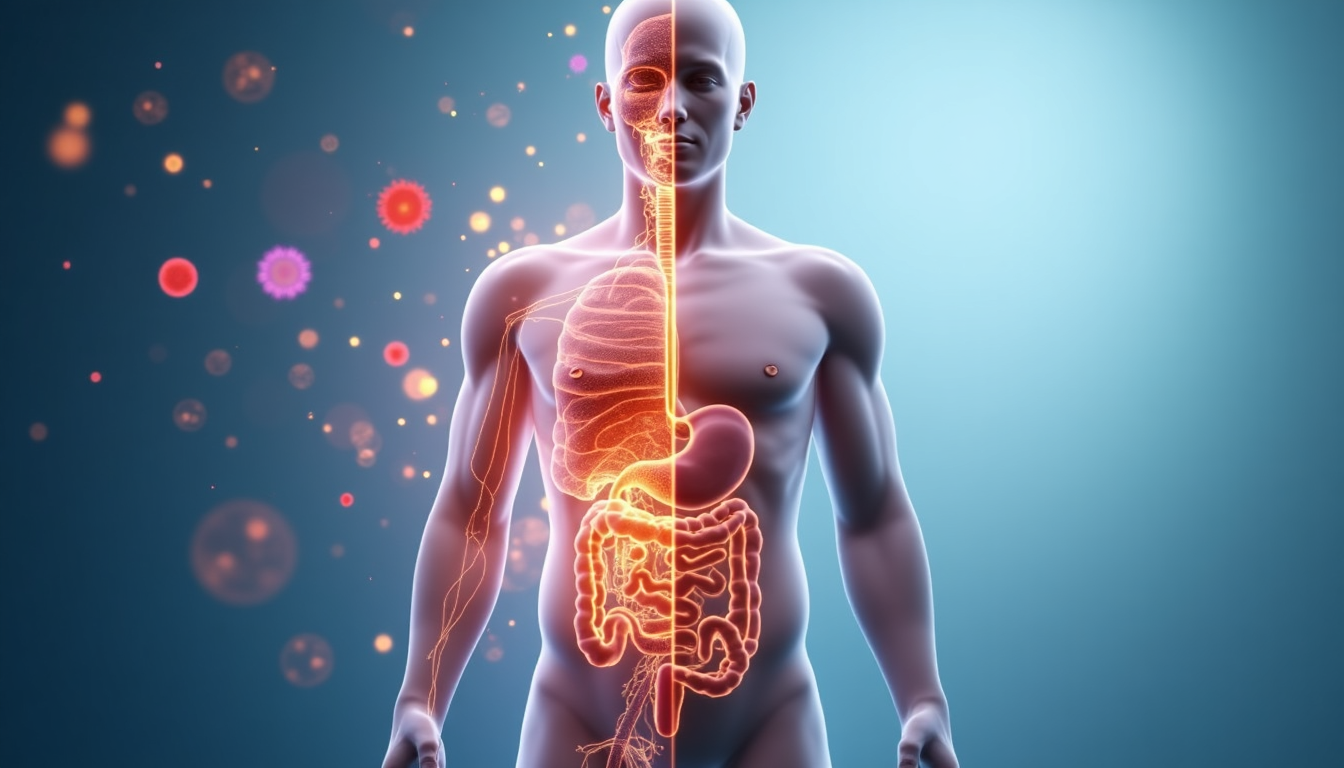
Hormone Imbalances and Sleep: Why Cortisol and Progesterone Matter
Hormone imbalance and sleep is often an overlooked relationship when considering sleep problems. Difficulty falling asleep, waking in the night, or feeling unrefreshed in the

Many of us are unknowingly living with these unwanted guests, which can cause a range of persistent symptoms, from digestive discomfort and fatigue to skin issues and food intolerances.
In this guide, we’ll uncover the most common parasites found in the UK, explain how modern stool testing, like the GI-MAP and GI-Effects, can accurately detect them. You’ll also learn when and why retesting is essential to ensure the problem is fully resolved.
Gut parasites are organisms that live in your digestive tract, feeding off the nutrients you consume and often disrupting your health in the process. While some may remain relatively quiet, others can lead to persistent, often unexplained symptoms.
There are two main types of intestinal parasites:
Both types can cause a variety of symptoms, including:
Because these symptoms overlap with other conditions, parasite infections often go undiagnosed without targeted testing.
Contrary to popular belief, parasite infections aren’t limited to tropical climates – many people in the UK are unknowingly affected. Thanks to advanced stool testing, we now know that certain parasites show up regularly in British test results.
One of the most frequently detected parasites in UK stool samples. Although its role is still debated, it’s often linked to IBS-like symptoms, fatigue, and skin issues.
Commonly found in children and adults, this parasite is associated with bloating, diarrhoea, and abdominal discomfort.
Known for causing giardiasis, a waterborne illness. It can lead to persistent diarrhoea, cramps, and weight loss. Often picked up from contaminated water sources or during travel.
Highly infectious and commonly contracted via swimming pools, lakes, or unfiltered water. It’s a common culprit in gastrointestinal outbreaks and causes watery diarrhoea.
Often confused with more harmful species, this non-pathogenic amoeba still indicates exposure to contaminated sources and may signal poor gut health.
Parasites are most often contracted through:
Even in the UK, everyday activities like handling pets, eating raw salads, or using public bathrooms can increase the risk of exposure.
Parasites can linger in the gut undetected for years, often mimicking other common conditions. If you’re struggling with vague or persistent symptoms that haven’t resolved with diet or supplements, parasites could be the hidden cause.
Key symptoms often include:
Many gut parasites can go undetected for months or even years because their symptoms mimic those of other digestive or systemic conditions, such as IBS, fatigue, or skin problems. Without proper testing, it’s easy to mistake persistent bloating, diarrhoea, or abdominal pain for food intolerances or stress. Parasite testing helps pinpoint the root cause of these symptoms and guides effective treatment.
At Smart Nutrition, we use industry-leading stool tests to detect a wide range of parasites, bacteria, yeasts, and gut imbalances:
The GI‑MAP is a top-tier stool analysis designed to assess gut hygiene and microbial balance in a single sample. It focuses especially on microbes that can cause illness or disrupt gut flora stability, including parasites, pathogens, bacteria, and yeasts, using highly sensitive PCR DNA technology to provide accurate, actionable results.
With precise parasite quantification and expert interpretation, Smart Nutrition delivers clarity on whether a gut infection is truly problematic, and, importantly, can verify if treatment has resolved the issue through retesting. This approach supports personalised recovery plans and helps ensure long-term gut health.
Unexplained digestive issues, fatigue, or immune symptoms could be linked to hidden gut parasites. With our advanced GI-MAP stool test, you can uncover the root cause of your symptoms and take targeted action with expert support.
Order your GI-MAP Comprehensive Stool Test today and start your journey toward clearer answers and a healthier gut.

Hormone imbalance and sleep is often an overlooked relationship when considering sleep problems. Difficulty falling asleep, waking in the night, or feeling unrefreshed in the

‘Detox’ has become one of the most misunderstood concepts in modern wellness. For many people, it brings to mind juice cleanses, restrictive diets or short-term resets promising quick results. Yet the body’s true detoxification systems are far more complex — and far more intelligent — than any cleanse.

Anxiety and gut health are closely linked through the gut–brain axis. Research suggests the gut microbiome, neurotransmitters and genetics may influence stress responses and emotional well-being. Exploring gut microbiome and nervous system insights can help build a more personalised understanding of anxiety.

Strange symptoms can puzzle anyone. Your body might show signs ranging from headaches and skin rashes to digestive problems and anxiety. Doctors sometimes struggle to explain these mysterious health issues that affect millions of people worldwide.
Please do not return samples to the laboratories that may arrive after Wednesday 27th March and up to and including Monday 2nd April.
The laboratories are closed from the 28th March – 2nd April for the Easter Holiday.